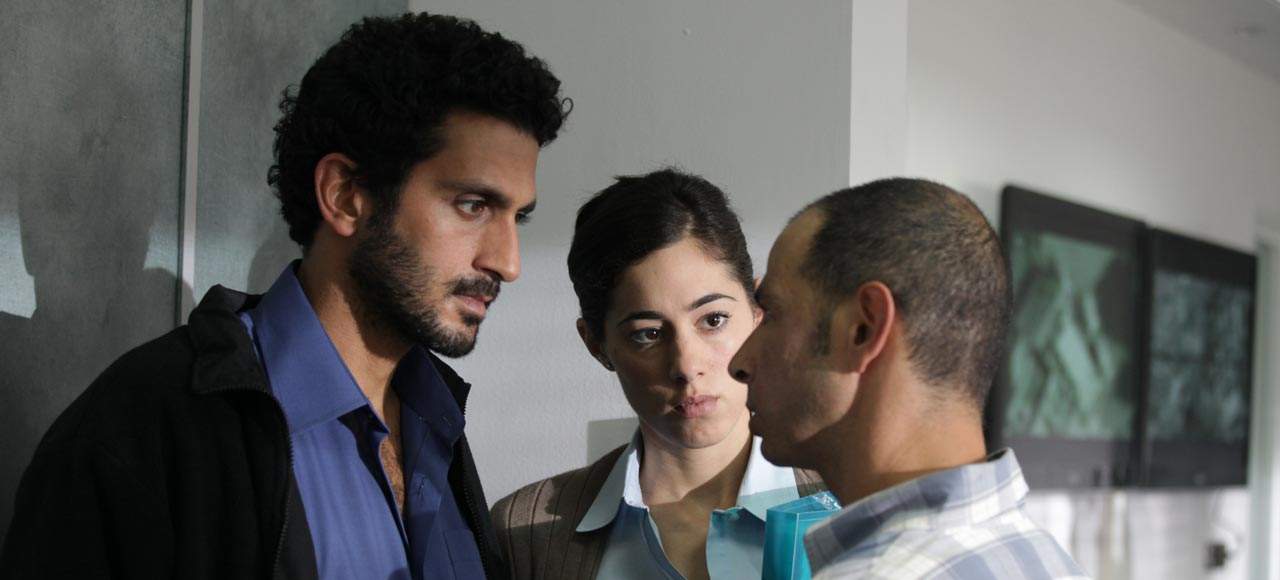Bethlehem
The moral murkiness of the Israel-Palestine conflict sets the scene for a blistering espionage thriller.
Overview
Earlier this year, acclaimed Palestinian filmmaker Hany Abu-Assad released Omar, a blistering dramatic thriller about a reluctant Palestinian informant, and his dangerous relationship with his handler in the Israeli secret service. Arriving just a few months later, Yuval Adler's debut feature Bethlehem tells a similar story, but does so from the perspective of the Israelis.
The film is filled with mostly non-professional actors, all of whom do marvellous work. Tsahi Halevi, an actual former member of an elite Israeli military unit, plays Razi, an agent with the Shin Bet counter-terrorist unit. Tasked with the capture or assassination of an elusive Palestinian militant, Razi relies heavily on the information of a single source: his target's teenage brother, hot-headed 17-year-old Sanfur (Shadi Mar'i).
The crux of the drama comes from the relationship between Razi and his informant. It's a complicated dynamic, one that frequently feels less like the one between a spymaster and his agent, and more like the one between a surrogate father and son. Razi show Sanfur the patience and understanding that the boy's own family never has and obviously feels a genuine sense of responsibility for him. That he's still willing to exploit and endanger the teen in spite of his paternal feelings demonstrates the ends-justify-the-means mentality that is so heavily ingrained in the conflict.
Indeed, the moral murkiness of the real-world situation feels at times uncomfortably well suited to the espionage genre. Internal power disputes within both Shin Bet and the al-Aqsa Martyrs Brigade, for whom Sanfur's brother fights, means that violence frequently occurs without any warning. On the technical front, unpolished digital camerawork heightens the feeling of uncertainty and danger, felt most viscerally during a foot-chase sequence midway through the film.
Of course, the sense of fear and desperation speaks to the nature of the Israel-Palestine conflict. Adler, to his credit, remains pretty even-handed, showing both camps make moral compromises for the causes that they believe in. In doing so, the director discredits the simplistic, goodies-versus-baddies perspective that partisans on both sides would have the world believe. At the same time, there's a bleak sense of inevitability to the paths his characters take that suggest little sense of hope for a peaceful resolution.
https://youtube.com/watch?v=WSwPlEhA308





